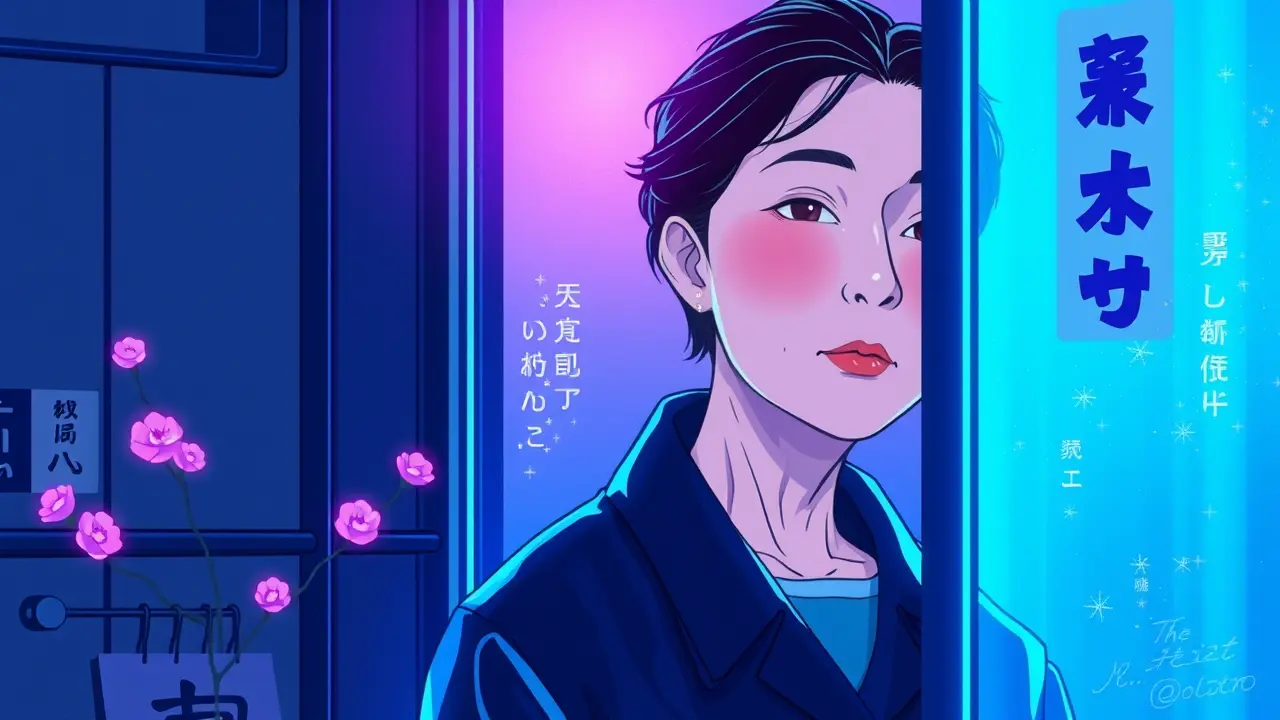
Otherlaw & courtsCriminal Cases
Japanese Woman Arrested for 1999 Murder After Decades of Fear.
LA
Laura Bennett
9 hours ago7 min read
For twenty-six long years, the ghost of a single afternoon in Nagoya lived with Kumiko Yasufuku, a weight she carried not in her hands but in the very rhythm of her heart. Each annual turn of the calendar towards the anniversary of Namiko Takaba’s death was not a mere date but a personal season of dread, a period where the past ceased to be past and became a suffocating present, a time when she felt, as she finally confessed to investigators, profoundly uneasy, her heart sinking under the burden of a secret she believed was hers alone to bear.The arrest of the 69-year-old woman this past Friday for a murder committed in 1999 is more than a cold case file being closed; it is the culmination of a silent, psychological drama that unfolded in parallel to ordinary life, a stark reminder that the human conscience can be its own most relentless warden. The facts, as laid out by the police, are stark: Yasufuku is accused of killing Takaba, then a 32-year-old housewife, in the victim's own home, a space of domesticity violently transformed into a crime scene.The connection between the two women, severed by time and tragedy, was reportedly re-established by the victim’s husband, who identified Yasufuku as his former high school classmate, a thread from their youth now pulled taut by fate and forensic inquiry. But the real story, the one that fascinates from a human-interest perspective, lies not in the legal charge but in the emotional confession—the decades of fear, the annual depression that marked the calendar with a private, painful ritual of remembrance and terror.Imagine the countless sunrises she witnessed, the mundane routines of life—shopping for groceries, sharing tea with friends, perhaps watching cherry blossoms bloom and fall—all experienced through the filter of this profound, hidden anxiety. What does it do to a person to live with such a secret? Psychologists would speak of the immense cognitive load of concealed guilt, the way it can manifest as chronic anxiety, a pervasive sense of unease that has no apparent cause to the outside world but is all too real to the individual.It brings to mind other cases where perpetrators lived for years in plain sight, their public personas a careful construct masking an inner turmoil, only to crack under the accumulated pressure of time or the sudden, unexpected application of modern investigative techniques. This arrest, coming after more than a quarter of a century, also raises poignant questions about the nature of closure for the victim’s family.For Takaba’s husband and any other loved ones, these have been decades defined by an agonizing absence and unanswered questions. The identification of a suspect, a woman from his own past, must unleash a torrent of conflicting emotions—a potential for vindication mixed with the reopening of old wounds, and perhaps a bewildering sense of betrayal, given the alleged prior connection.The Japanese judicial system, known for its methodical pace and high conviction rate, now faces the complex task of adjudicating a case where memories have faded, evidence may be circumstantial, and the primary testimony is a confession born from a lifetime of fear. The societal context cannot be ignored either; in a culture that often emphasizes social harmony and public face, the internal conflict experienced by Yasufuku represents a profound rupture between the individual's inner truth and the exterior world they must navigate.This case is a somber testament to the long, invisible aftermath of a violent act—it’s not merely a historical event but a living, breathing entity that continues to shape and distort the lives of all it touches, the perpetrator included. The narrative of Kumiko Yasufuku is ultimately a tragic tapestry woven from threads of a momentary, alleged act and the enduring, decades-long consequence of a heart that sank, year after year, waiting for the other shoe to drop, a quiet psychological study in the price of a secret.
#featured
#murder
#arrest
#Japan
#cold case
#investigation
#confession
Stay Informed. Act Smarter.
Get weekly highlights, major headlines, and expert insights — then put your knowledge to work in our live prediction markets.
© 2025 Outpoll Service LTD. All rights reserved.